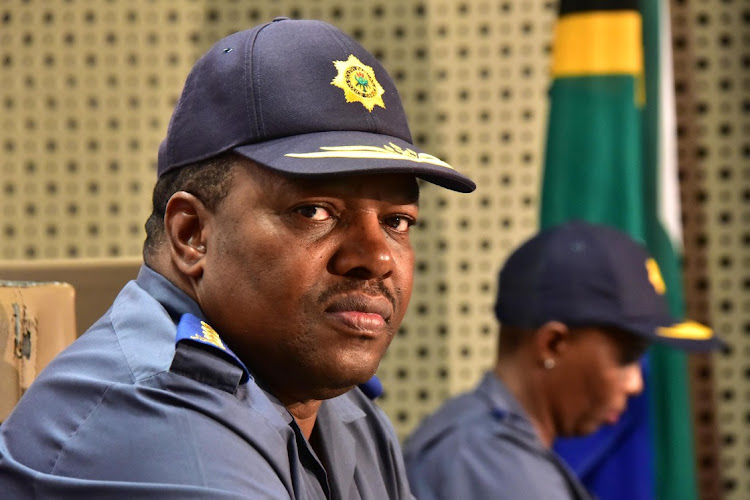News
“I Have Operational Control”: Masemola Draws a Line in the Sand at State Capture Inquiry

“I Have Operational Control”: Masemola Draws a Line in the Sand at State Capture Inquiry
In a testimony that laid bare the delicate power dynamics at the top of the South African Police Service (SAPS), National Police Commissioner General Fannie Masemola has firmly staked his claim to operational command, directly challenging actions taken by the Minister of Police, Senzo Mchunu.
Returning to the stand at the Madlanga Commission of Inquiry, General Masemola provided a clear, constitutional map of authority within the police force. His central argument was one of distinct roles: the Minister of Police sets broad, national priorities, but the Commissioner holds sole responsibility for the day-to-day operational decisions on how to achieve them.
A Clash of Powers
The theoretical division of powers became a practical point of contention in a telling example. General Masemola revealed that Minister Mchunu had issued a directive to dissolve the specialized Political Killing Task Team, a unit critical to investigating politically motivated murders in volatile regions like KwaZulu-Natal.
From the Commissioner’s perspective, this was a clear overstep. Masemola lamented that the minister’s directive came without prior consultation or any clear justification. This move, he argued, was not merely a difference of opinion but an action that overstepped Mchunu’s constitutional authority. For the country’s top cop, it was a fundamental breach of the operational independence guaranteed to his office.
Why This Testimony Matters
The Madlanga Commission is tasked with investigating allegations of state capture, and Masemola’s testimony strikes at the heart of this issue: the inappropriate influence of political figures over independent state functions. The integrity of the police service is a cornerstone of democracy, and the ability of its operational head to make decisions without political interference is non-negotiable.
The dissolution of a task team investigating political killings is a highly sensitive matter. Masemola’s account suggests that the decision was not based on operational inefficiency or a shift in crime-fighting strategy, but rather imposed from above without explanation. This raises serious questions about the motives behind dismantling a unit designed to tackle some of the country’s most high-stakes crimes.
A Battle for the Soul of the SAPS
General Masemola’s testimony is more than a bureaucratic dispute; it’s a public defense of the principle of operational independence for the police. By drawing this “line in the sand,” he is asserting that the professional judgment of the police must be shielded from potential political whims.
The Commission’s findings on this matter will be crucial. They will either reinforce the Commissioner’s operational autonomy or risk setting a precedent that allows the police service to be used as a political tool. For South Africans, the outcome will signal whether the era of state capture is truly over, or if its shadow still lingers over the institutions meant to protect them.
{Source: IOL}
Follow Joburg ETC on Facebook, Twitter , TikTok and Instagram
For more News in Johannesburg, visit joburgetc.com
























